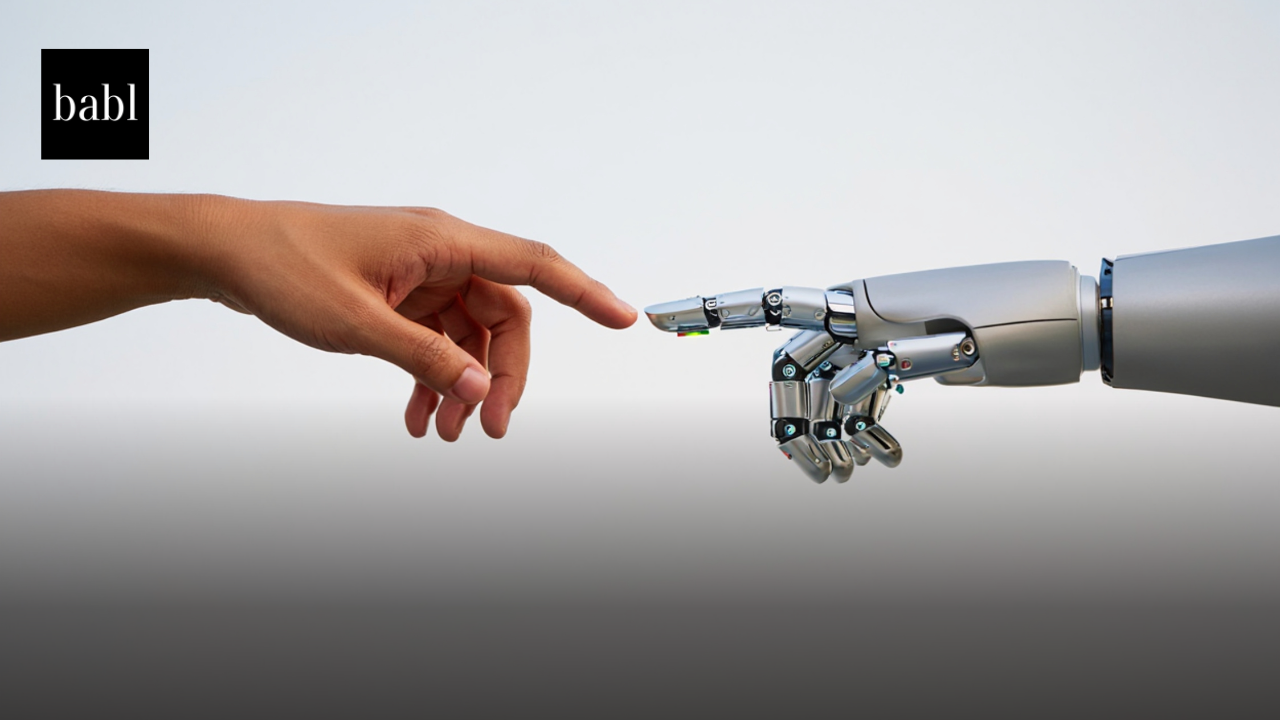UPDATE — AUGUST 2025: Clearview AI is facing mounting global pressure after the Dutch Data Protection Authority fined the company €30.5 million in September 2024 and warned of additional penalties for noncompliance. As of mid-2025, Clearview has not paid the Dutch fine, and regulators confirmed that the extra €5.1 million penalty is accruing. Across Europe, DPAs in France, Greece, Italy, and the UK are coordinating joint enforcement strategies, while the EU’s new AI Act places Clearview’s real-time biometric identification model among the most heavily restricted categories. In the U.S., Clearview settled a $50 million Illinois lawsuit in 2024, but faces new legal battles — including an expanded case in Texas under its Biometric Privacy Act. Despite these setbacks, the company continues to market its facial recognition services to U.S. law enforcement, even as its business model grows increasingly untenable abroad.
ORIGINAL NEWS STORY:
Dutch DPA Fines Clearview AI €30.5 Million for Illegal Data Collection
In a significant ruling, the Dutch Data Protection Authority (DPA) announced on September 3, that it has imposed a hefty fine of €30.5 million on the U.S.-based company Clearview AI for illegal data collection and privacy violations. The Dutch DPA also issued an additional penalty order, warning that non-compliance could result in further fines amounting to €5.1 million. Clearview AI, known for offering facial recognition services, has amassed a vast database of more than 30 billion facial images, including those of Dutch citizens, in direct violation of European privacy laws.
Clearview’s business model revolves around providing facial recognition technology to intelligence and investigative agencies. By allowing customers to upload camera images, the company’s software can identify individuals by matching the images against its extensive database of photos. These photos are scraped from the internet without the knowledge or consent of those depicted, violating fundamental data protection principles.
Aleid Wolfsen, chairman of the Dutch DPA, emphasized the serious privacy concerns associated with Clearview’s practices. He warned that Clearview’s illegal operations could lead to significant risks for individuals around the world. “Facial recognition is a highly intrusive technology that you cannot simply unleash on anyone in the world,” Wolfsen said. “If there is a photo of you on the Internet—and doesn’t that apply to all of us?—then you can end up in the database of Clearview and be tracked.”
Clearview’s Defense and DPA’s Response
Clearview claims that its database is used only by non-EU law enforcement agencies. Wolfsen dismissed that argument, stressing that only tightly regulated authorities—not commercial firms—should have access to such technology. “This kind of system has no place in private hands,” he added. The DPA ruled that using Clearview’s services in the Netherlands is illegal. Wolfsen cautioned that Dutch organizations employing the company’s tools could also face heavy penalties for participating in the violations.
GDPR Violations and Lack of Transparency
According to the DPA, Clearview breached the General Data Protection Regulation (GDPR) on multiple counts. The company built an unlawful biometric database, failed to inform individuals about data collection, and ignored access requests from users seeking to view or delete their data. GDPR guarantees individuals these rights, making Clearview’s refusal a serious infringement.
Continuing Non-Compliance and Global Challenges
Despite earlier warnings, Clearview has not halted its operations. The Dutch DPA therefore imposed an additional €5.1 million penalty for ongoing violations. Enforcement remains difficult because the company lacks a physical presence in Europe. Clearview has faced similar actions elsewhere. Authorities in France, Italy, Greece, and the UK have issued fines, yet the firm has not changed its business model. Dutch regulators are now exploring legal options, including potential personal liability for Clearview executives.
U.S. Legal Battles
According to the Associated Press, Clearview AI has also faced legal challenges in the United States. In June 2024, the company settled a $50 million Illinois lawsuit alleging violations of biometric privacy laws. The case accused Clearview of collecting and selling facial data without consent. Although the firm denied wrongdoing, the settlement marked one of the largest of its kind under Illinois privacy law.
The Broader Implications
The Dutch case underscores the growing global backlash against unregulated facial recognition. As more data protection authorities coordinate enforcement, companies handling biometric data are under pressure to prove transparency and compliance.
Need Help?
With every day comes a new AI regulation or bill. You might have questions and concerns about how it will impact you. Don’t hesitate to reach out to BABL AI. Their Audit Experts are ready to provide valuable assistance.





